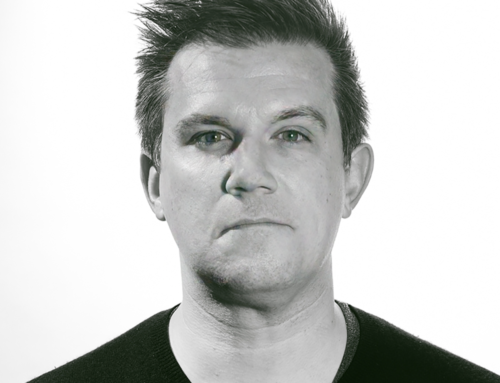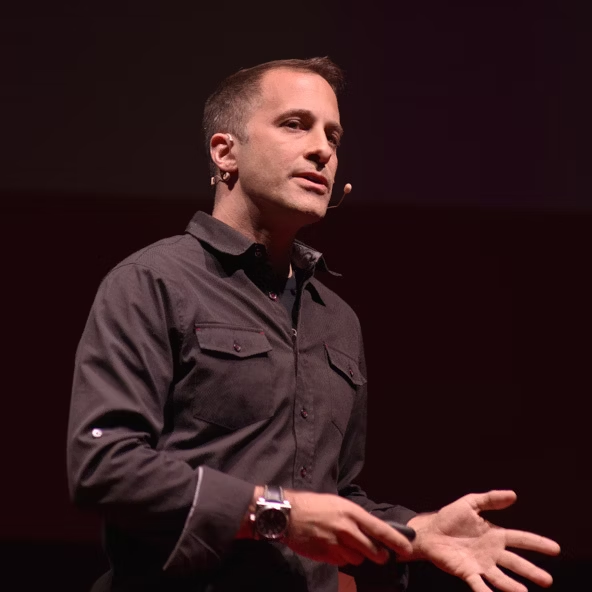After reading Navigating Into the Future or Driven by the Past, I am convinced to believe that we all have a futurist side in us and we tend to think of the future much more than we realize.
 In the psychology world, it has been widely believed that the past and present must be understood to predict what people would do in the future. Traditional behavioral therapy dives deep on what happened to you in the past and why you felt that way. We often see this method embedded in the corporate system as well. For instance, our job interviews are mostly based on an evaluation of the achievements and challenges applicants have faced in prior jobs. Management tends to make the business decision informed by insights that are fueled by historical data. As a futurist, we agree that the future is unknown and cannot be predicted. However, it is evident that we often tend to make decisions and judgment based on what we know from our experience. This makes me question, does our memory really reflect what actually happened in the past?
In the psychology world, it has been widely believed that the past and present must be understood to predict what people would do in the future. Traditional behavioral therapy dives deep on what happened to you in the past and why you felt that way. We often see this method embedded in the corporate system as well. For instance, our job interviews are mostly based on an evaluation of the achievements and challenges applicants have faced in prior jobs. Management tends to make the business decision informed by insights that are fueled by historical data. As a futurist, we agree that the future is unknown and cannot be predicted. However, it is evident that we often tend to make decisions and judgment based on what we know from our experience. This makes me question, does our memory really reflect what actually happened in the past?
Professor Seligman, a so-called father of contemporary psychology, argues more than 50% of the time, we tend to think about future scenarios. This doesn’t mean studying the past shouldn’t be conducted; however, it is fair to point out that we tend to give so much credit to what we remember. Elizabeth Loft points out many of us assume that our memory works like “a recording machine,” when in fact, it works more like a “Wikipedia page” where you and others can go and edit your story. For example, when trauma occurs in our lives, our cortex can stimulate us to reframe the historical event, sparking motivation for a better future. Perhaps, therefore we often say, “Time will heal.” It is crucial to recognize studying past is about understanding what we remember. And our episodic memories provide details that trigger our current perceptions and motivation which ultimately construct prospective scenarios of future events.
As you are reading this blog, Seligman would say, your current thoughts are mostly about how this information at this moment is going to be valuable for you in the future. To add final value to your future, I would like to share some of the futures thinking tips that you could adapt. These are inspired by Seligman’s prospection-based therapy.
- Think of alternative future scenarios instead of going straight to one preferred future. This will help you be more equipped for different future outcomes.
- If the future is highly valued, you may quickly feel discouraged. It is okay to shoot fall the moon; however, you still want it to be relevant, something you can take action on.
- Evaluate your current systems and structure to see if they are aligned with the incentive for the future you want.
— Hannah Kim





